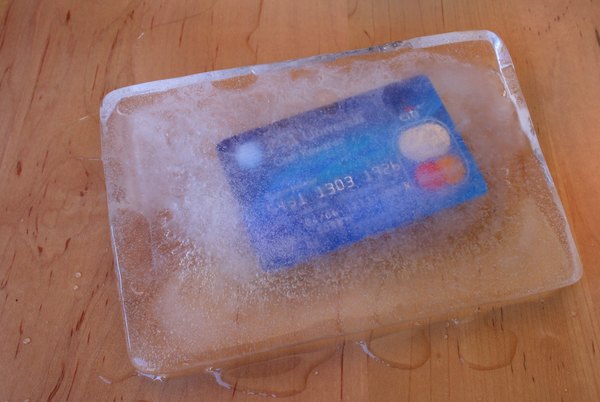If you're wondering how credit works, you probably are interested in your credit score and its impact on lending decisions.
Every American has the right to a free credit report each year from the major credit bureaus – Equifax, Experian and Transunion. Your credit report helps you get a sense of where you stand with your past and current credit accounts.
The way you handle your financial accounts contributes to your overall credit score. If you're wondering how credit works, take a look at this guide to understanding your credit score.
How Credit Works
Though the credit scoring process can seem mysterious and secretive, there is a formula to determine your score that's based on a handful of pretty simple behaviors you can control.
In a nutshell, creditors evaluate your creditworthiness based on your tendencies to keep your financial agreements or skip over your responsibilities. Borrowers who demonstrate a solid payment history over time and shy away from overspending will have the best credit scores.
To better understand this concept, take a look at the top five "ingredients" of a credit score.
Payment History
By far and away, the leading factor in your credit score is your ability to make on-time payments. Late payments can cause a major dent in your credit score because payment history makes up around 35% of your score. From a credit history perspective, it's fine to carry a balance and pay the minimum – but you can't be late.
Keep in mind that all late payments aren't created equal. Most creditors won't report a late payment until it's 30 days behind.
Other creditors, like utility companies and landlords, may not report your payment history at all, which can be a disadvantage if you have a history of paying on time.
Credit Utilization
Managing your money well is critical. Creditors judge your financial responsibility by judging the amount of money you owe against the amount of credit you have available.
Maxing out your credit cards, for example, is one way to demonstrate to creditors that you don't understand how credit works. The creditor extends you temporary access to funds to hold you over until you can pay in full.
Credit cards should generally not be used as long-term personal loans – doing so can be to the detriment of a credit score. Use less than 30 percent of your overall available credit to keep your credit score healthy.
New Credit
Applying for too much credit at once can hurt your credit score. One significant exception is when you are shopping for one specific type of loan, such as a car loan or mortgage.
Opening too many credit cards at once is a sign of financial distress, which can make you appear less creditworthy and will make lenders wary.
Length of Credit History
The tricky thing about credit is that you have to have credit accounts to build your financial reputation, but applying for new credit can lower your score. Keeping an account open shows your ability to manage money long term.
It's best to avoid having inactive accounts closed; make an effort to use your credit card from time to time to cover small purchases and keep your credit lines active.
Types of Credit Used
One less-known detail about your credit score: certain types of accounts will affect your score differently. A rule of thumb is to mix up the types of credit accounts you own to increase your score.
Your credit score can increase or decrease with too many of one account type.
Increase Your Buying Power
The best reason to learn how credit works is to increase your buying power for the important things in life. When it comes time to buy a house, you want access to the lowest possible interest rate, which is determined by your credit score.
At various milestones in life, you'll need to leverage your credit to get to the next level – and good credit can help open doors to the capital you need.






